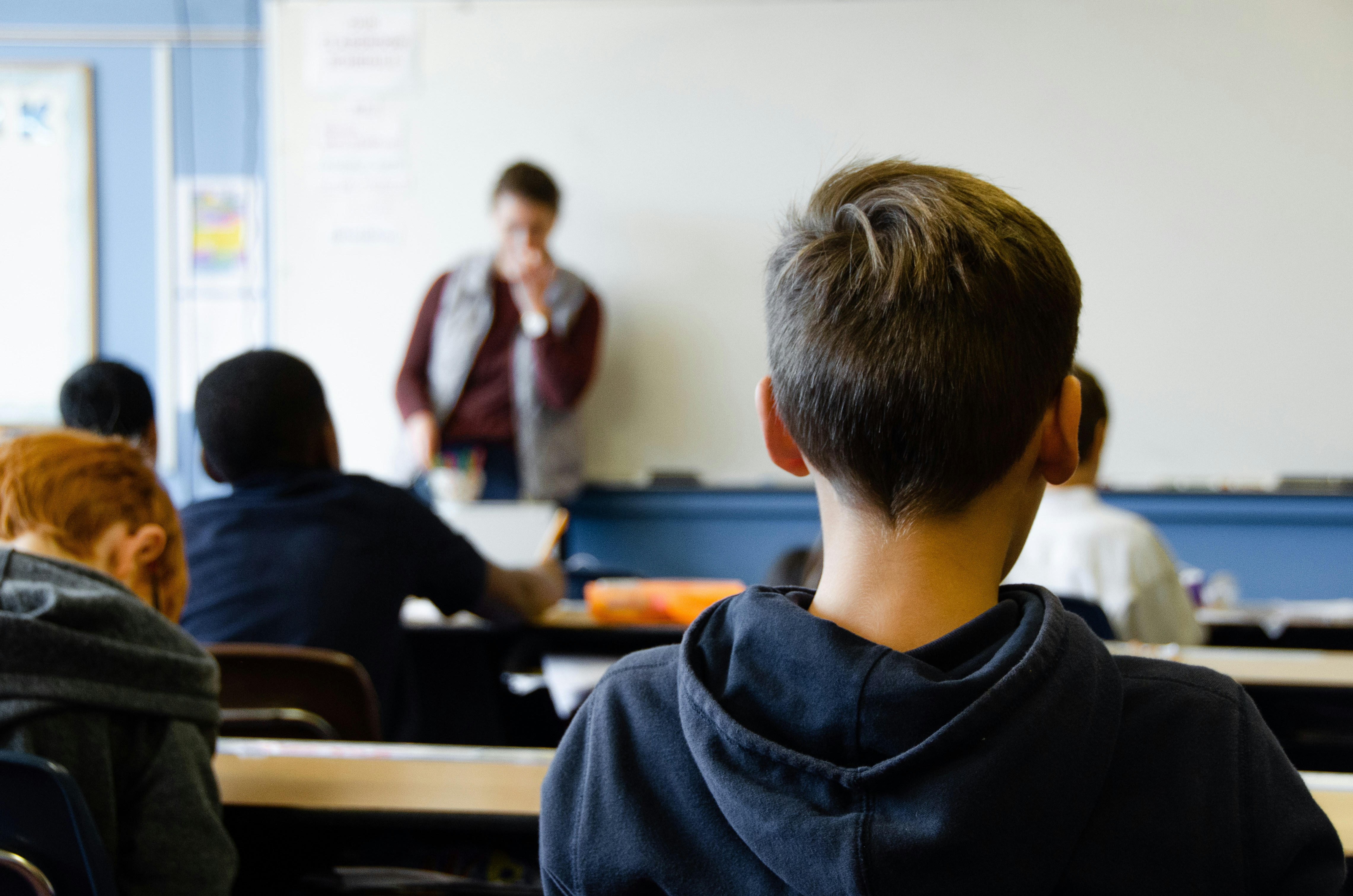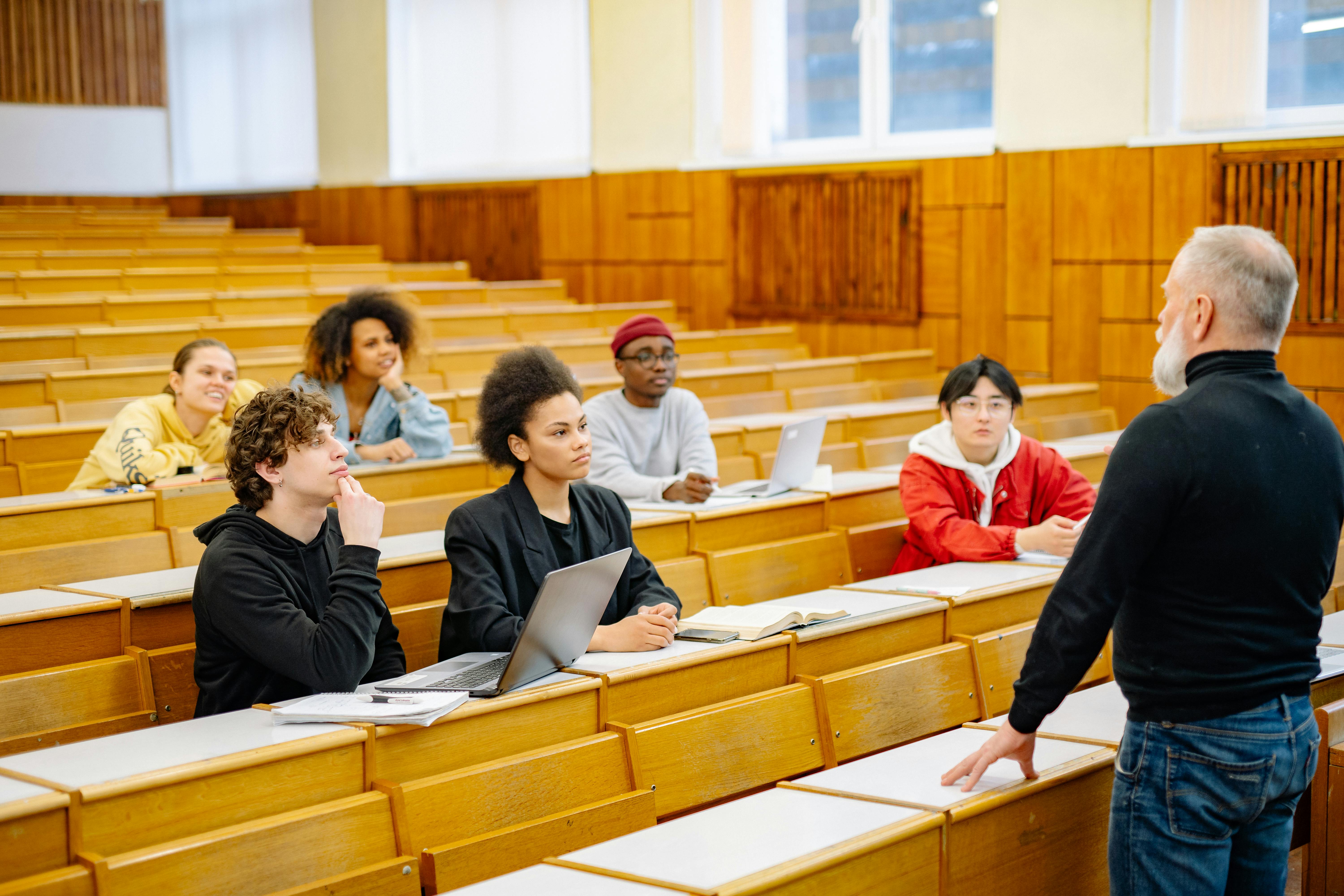Why human skills belong in every classroom
By Ghina Ramadan
We teach our children how to solve equations, memorise historical facts and analyse grammar rules. But we rarely teach them how to manage emotions, resolve conflict or listen without interrupting. The very skills that shape how we relate to others, and to ourselves, are often absent from the classroom.
And yet, the research is clear: these human skills matter. A 2023 global study conducted by Yale University, covering over half a million K-12 students across 53 countries, confirmed that social and emotional learning (SEL) programmes significantly improve students’ academic performance, emotional well-being, and even perceptions of school safety.
As a communication strategist and mentor, I’ve seen firsthand that many of the issues we face as adults, whether in the workplace, in relationships or in leadership, stem from a lack of foundational communication skills. Skills like expressing disagreement without aggression, setting boundaries without guilt, and simply knowing how to ask for what we need.
And these aren’t traits you’re born with, they’re teachable life skills. Or at least, they should be.
In a world that is increasingly fast, loud, and disconnected, raising children who know how to communicate with clarity and empathy isn’t a luxury, it’s a necessity. And it must begin long before university or the job interview. It must start at school, from the very first years.
The case for starting early
Despite mounting evidence, many education systems, including those here in Cyprus, still treat these competencies as secondary, if they address them at all.
As a parent of a child in the local school system, I’ve seen firsthand how little space is given to these skills. Students are taught how to perform academically, but not always how to listen, express themselves clearly or navigate difficult conversations. And it shows in the rising instances of bullying, emotional strain and daily social tension among students.
This isn’t just a personal observation. The OECD’s 2023 Survey on Social and Emotional Skills (SSES) found that students who receive regular teacher feedback and experience supportive school climates, both key components of SEL, report stronger social and emotional development, higher academic success and lower instances of bullying.
When we teach these skills early, children learn how to listen with empathy, express themselves with clarity and handle interpersonal challenges with resilience. And when those children reach university? They are not just students. They’re self-aware, adaptable individuals ready to engage.

What happens at university?
This is not where the journey ends. Universities must continue what schools start.
In Cyprus and across Europe, higher education institutions are placing increasing emphasis on graduate employability yet communication and interpersonal skills often remain underdeveloped.
While liberal arts colleges and some progressive programmes do incorporate these elements, through interdisciplinary learning, mentorship or leadership development, it’s not yet the norm at most universities in Cyprus. Human skills are often encouraged indirectly but rarely embedded systematically across all areas of study.
Institutions that follow a liberal arts model are helping lead that shift by prioritising critical thinking, ethical reflection and a student-centered experience. In Cyprus, local universities are making efforts in this direction, offering strong programmes in the humanities and social sciences. However, these are not always delivered through an integrated liberal arts framework that emphasises cross-disciplinary learning and personal development as part of the core academic experience.
Still, even within forward-thinking models, there’s room to grow.
Research consistently supports the value of conflict resolution workshops, public speaking opportunities, peer mentoring and emotional intelligence training in higher education. These programmes not only enhance students’ academic and professional readiness but also contribute to well-being, inclusion and community engagement. They shouldn’t be treated as optional extras, they can and should be woven into the academic and social fabric of university life.
After all, universities aren’t just meant to graduate degree holders. They should help shape individuals who are able to collaborate, lead and communicate in a world that demands nothing less.
Human skills are not ‘soft’
There’s nothing soft about the ability to resolve conflict, communicate under pressure or lead with empathy. These are human skills: essential, learnable and powerful.
A 2025 workplace communication report published by Pumble found that 86 per cent of professionals cited communication breakdowns as a key cause of failure at work, while effective team communication was linked to productivity gains of up to 25 per cent. The World Economic Forum has also consistently listed emotional intelligence, adaptability and collaboration among the top skills for the future.
The impact goes far beyond professional life. These skills help us build stronger communities, resolve differences peacefully and create cultures of respect, something every country, company and classroom needs more of.
A shift in what we value
If we want graduates who lead with empathy, navigate complexity with confidence and solve problems creatively, we must start early, and continue consistently.
This means embedding SEL into school curricula from the earliest years, training educators to model and teach these skills, supporting students through adolescence and into university with dedicated programmes and valuing human connection just as much as academic achievement.
Because we’re not just teaching students for exams, we’re shaping the people they become.
It’s time we give human skills the place they deserve in every classroom.•






Click here to change your cookie preferences